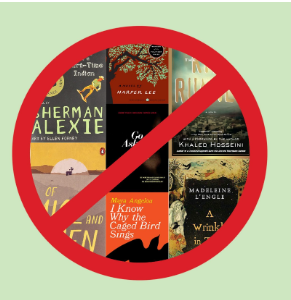AP Exam Study Tips

It’s that time of year again, the time where students wrap up their AP class curriculum. Which can only mean one thing- AP exams! While it’s not exactly an appealing subject of discussion, these exams are important and studying for them may just be the biggest obstacle faced beforehand. Even though there’s not much time left, and most guides suggest studying 1 to 3 months before, it’s truly never too late to start studying.
A key thing to remember is that everyone learns differently and at their own pace. Don’t let that stop you from trying your hardest and pushing yourself so you can do your best on your AP exam. Tips to help with studying for these exams can also help you study for finals and other tests that take up the last few months of school. Don’t give up- it’s the home stretch!
The Princeton Review provides excellent suggestions for studying for exams, no matter how far in advance you start studying. Here’s some of the best ways to start:
- Use your old tests, quizzes, and classwork as a foundation for notes and what you need to study. Everything you’ve done in class all year has been to prepare you for this test, so don’t take it for granted!
- Make a schedule. Especially if you’re in the midst of studying for multiple AP exams, decide which days of the week and for how long you’ll study for each exam. This will help you avoid cramming all in one night for many exams.
- Start reviewing with your oldest material. Refresh your memory on a regular basis so no information is unfamiliar, no matter how long ago or recently you learned it.
- Don’t overly rely on your teacher, but don’t forget they’re there to help! The teacher’s job is to teach, not be your go to study source and you don’t want to rely on them for all the answers. However, if they offer review courses and tutorials, use them to your advantage and take the time to ask questions!
- Use an AP prep book, the provided textbook, and online CollegeBoard resources. All of these will help introduce you to possible test questions, test formats, and simply help you practice. Practicing is one of the best things to do if you can’t think of ways to study.
Those are only five suggestions, there are plenty more methods out there if these don’t work for you. Hopefully, one or more (or all!) of these points are helpful for you and, even better, that you’ve already started studying and using your hard work from class to help.
A final reminder to manage your time well, study in small chunks in order to not overwhelm yourself, and study and review at your own pace. Good luck to all those taking exams at the beginning of May, and happy studying!










